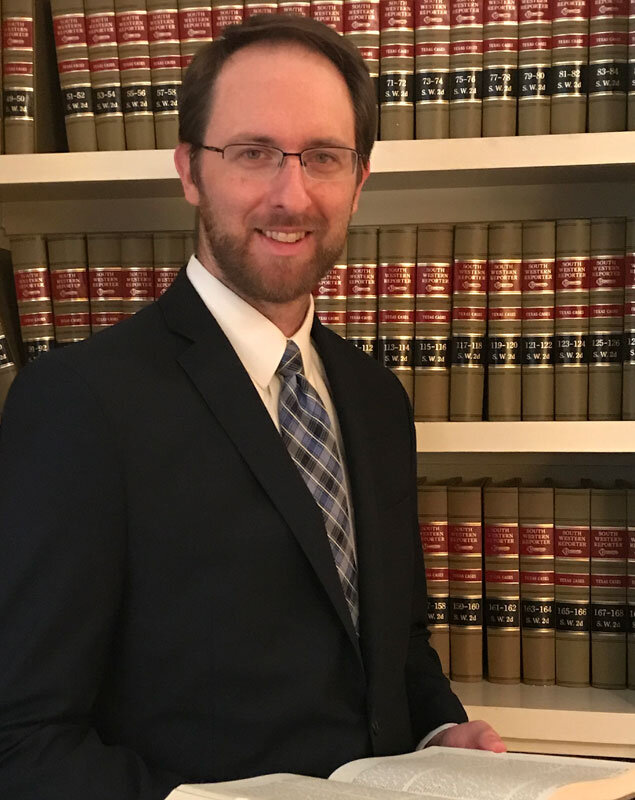What is an Estate Asset?
Estate planning attorneys are often asked if a particular asset will be included in an estate. When you die, your estate is defined in different ways for different planning purposes.
Kevin Horner
Galligan & Manning
Estate planning attorneys are often asked if a particular asset will be included in an estate, from life insurance and real estate to employment contracts and Health Savings Accounts. The answer is explored in the aptly-titled article, “Will It (My Home, My Life Insurance, Etc.) Be in My Estate?” from Kiplinger.
When you die, your estate is defined in different ways for different planning purposes. For example, you have a gross estate for federal estate taxes which defines all of the assets subject to the tax. However, there’s also the probate estate, which means property controlled by a will, and a non-probate estate, which means property passing outside of probate and the will. So, if you are asking if an asset is part of an estate, it depends on which “estate” you mean.
Let’s start with life insurance. You’ve purchased a policy for $500,000, with your son as the designated beneficiary. If you own the policy, the entire $500,000 death benefit will be included in your gross estate for federal estate tax purposes. If your estate is big enough ($12.06 million in 2022), the entire death benefit above the exemption is subject to a 40% federal estate tax.
However, if you want to know if the policy will be included in your probate estate, the answer is no. Proceeds from life insurance policies are not subject to probate, since the death benefit passes by contract directly to the beneficiaries. An executor or administrator of your estate never controls or has access to it.
Next, is the policy an estate asset available for beneficiaries of your probate estate? So, let’s assume you left a will and your son is the named executor. The will names all three of your children as equal beneficiaries. Because the life insurance bypassed the probate process and went to a named beneficiary, none of the life insurance is available to the other two children. If you wanted the money to go in trust for a beneficiary under the will, fund charitable giving or specific bequests, then the life insurance proceeds aren’t available for those purposes.
As an aside, common probate assets may include real property, tangible property like household contents, vehicles and so on, bank accounts depending on titling, and miscellaneous refunds due to the decedent. Common non-probate assets may include life insurance, retirement funds and accounts with beneficiary designations generally.
Another aspect of figuring out what’s included in your estate depends upon where you live. In community property states—Arizona, California, Idaho, Louisiana, New Mexico, Nevada, Texas, Washington, and Wisconsin—assets are treated differently for estate tax purposes than in states with what’s known as “common law” for married couples. Also, in most states, real estate owned on a fee simple basis is simply transferred on death through the probate estate, while in other states, an alternative exists where a transfer on death deed or similar technique is available.
It is also true that certain states expect executors to have information about non-probate assets. For example, New York has estate tax and Pennsylvania has inheritance tax. Both states require an executor to file the appropriate return that will include information about non-probate assets because they are subject to tax (similar to the federal estate tax) even though the executor doesn’t take control of them. Texas, you’ll be happy to know, does not have an estate or inheritance tax.
Speak with an experienced estate planning attorney in your state of residence to know what assets are included in your federal estate, what are part of your probate estate, and how taxes and creditors will apply to these various assets.
Reference: Kiplinger (Dec. 13, 2021) “Will It (My Home, My Life Insurance, Etc.) Be in My Estate?”

